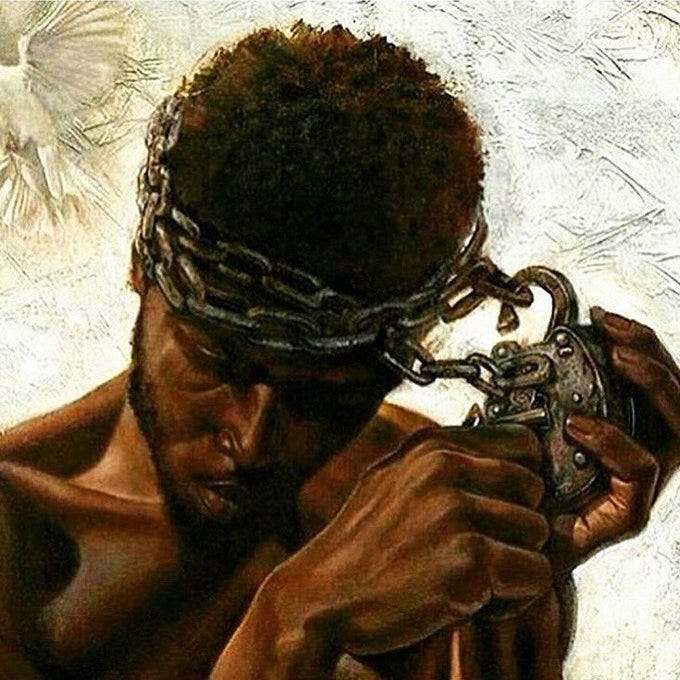Our Goal
To raise the next generation of empowered African kids.
We have some exciting news to share with you all! We are absolutely thrilled to announce the launch of our new program, the Saturday Morning Pan-African class. This venture marks the beginning of an incredible journey towards mental decolonization – an absolutely essential process for anyone looking to overcome the pervasive effects of colonization on our minds. Our ultimate goal for this program is to the children navigate through this journey in a supportive and empowering way. We truly believe that this program will have a profound impact on the lives of our participants, as they embark on a path to self-discovery, growth, and liberation. We cannot wait to see the positive changes that will come out of this program, and we are truly honored to be a part of this exciting initiative. Thank you for joining us on this journey towards a better, more equitable world!

Our mission is to inspire children through Africa's cultures, nurture their creativity and help them embrace their unique identities with Pan-African education. We foster a safe space for them to learn, grow, and expand their knowledge with diverse resources while connecting with experienced mentors and other children. Together, we look forward to seeing the bright future they create for themselves and the world around them.
Through this program, we plan to bring about positive change, especially for those who have been negatively impacted by colonization. We believe that everyone deserves equal opportunities to discover their true potential in life, and we are committed to being a part of that journey with you. We look forward to welcoming the children to our Saturday morning Pan-African class where we can learn and grow together as a community.
Our Community:Mukuru Kwa Njenga:
Mukuru Kwa Njenga is situated in the Mukuru slums which are densely populated areas in Nairobi that are characterized by sub-standard housing facilities, limited access to basic amenities such as clean water and sanitation, poor infrastructure, and abject poverty. The slums have become notorious for various challenges such as crime, drug abuse, prostitution, and other social vices. Despite these challenges, the resilient people of Mukuru have been able to persevere and make positive strides in improving their community.
Our outreach program seeks to address some of the challenges faced by the community’s children by implementing two projects. The first is the Saturday morning Pan-African classes aimed at empowering the youth with knowledge on various topics centred around African culture, history, and identity. The second phase is a Young Entrepreneur Program that seeks to train and equip young people and their parents with the necessary skills and resources to start and manage a small businesses. Through these phases, we aim to contribute positively to the development of the Mukuru community and help in creating a brighter future for its residents.
Our Curriculum
Our curriculum offers many ways to inspire and impact young learners through maps, stories, and interactive activities. Encouraging critical thinking, creativity, and open discussions helps develop essential skills for future leaders. By committing to mental decolonization and guidance, we can shape confident and empowered individuals prepared to face any challenges. Let's grow and transform together!
Understanding Identity and Culture Objective: Introduce children to the concepts of identity and culture, helping them recognize their own cultural background and appreciate diversity.
- Lesson: “Who Am I?”
- Introduce the concept of identity: name, family, language, traditions.
- Activity: Create an identity collage with pictures and words that represent their background.
- Lesson: “Exploring Cultures”
- Discuss different cultures around the world.
- Activity: Research and present a culture different from their own.
- Lesson: “Celebrating Diversity”
- Explain the importance of respecting and valuing different cultures.
- Activity: Design a poster showcasing diverse cultures and their contributions.
Module 2: Unpacking Colonization Objective: Provide a simplified historical overview of colonization and its impact on societies.
- Lesson: “What is Colonization?”
- Define colonization and its effects.
- Activity: Draw a timeline of colonization events with simple illustrations.
- Lesson: “The Colonized World”
- Explore how colonization affected various regions.
- Activity: Create a world map highlighting colonized areas.
- Lesson: “Colonial Myths”
- Discuss common misconceptions perpetuated by colonial narratives.
- Activity: Write a short story debunking a colonial myth.
Module 3: Recognizing Colonial Mindsets Objective: Help children understand how colonial thinking influences perceptions and attitudes.
- Lesson: “Power Dynamics”
- Explain power imbalances between colonizers and colonized people.
- Activity: Role-play scenarios highlighting power dynamics.
- Lesson: “Stereotypes and Bias”
- Discuss stereotypes and biases formed during colonization.
- Activity: Analyze media for stereotypes and suggest alternatives.
- Lesson: “Language and Identity”
- Explore the impact of language on identity and colonial language suppression.
- Activity: Design a poster promoting linguistic diversity.
Module 4: Decolonizing the Mind Objective: Encourage critical thinking and offer tools for decolonization.
- Lesson: “Learning Multiple Histories”
- Discuss the importance of learning from diverse historical perspectives.
- Activity: Research and present a historical event from a non-colonial viewpoint.
- Lesson: “Cultural Revival”
- Explore efforts to revive traditional practices post-colonization.
- Activity: Participate in a cultural activity from a different culture.
- Lesson: “Empathy and Advocacy”
- Teach empathy and the importance of advocating for marginalized groups.
- Activity: Create a skit demonstrating empathy and support.
Module 5: Building a Decolonized Future Objective: Encourage children to envision a world free from colonial influences.
- Lesson: “Reimagining Education”
- Discuss how education can be decolonized.
- Activity: Design a classroom of the future that embraces diverse cultures.
- Lesson: “Respecting Land and Environment”
- Explore indigenous knowledge of land stewardship.
- Activity: Plant a communal garden and learn about indigenous farming practices.
- Lesson: “Being Agents of Change”
- Empower children to take action against neocolonialism.
- Activity: Create a public service announcement advocating for equality and diversity.
